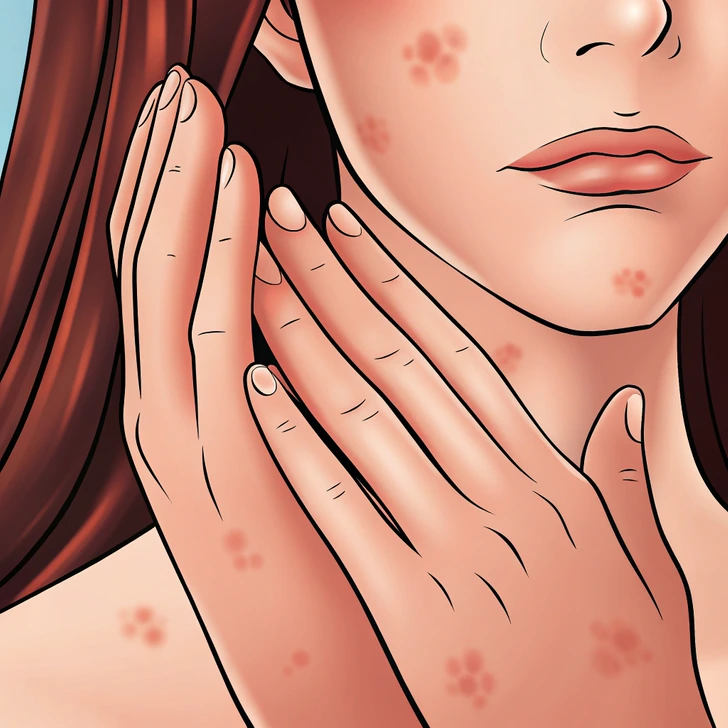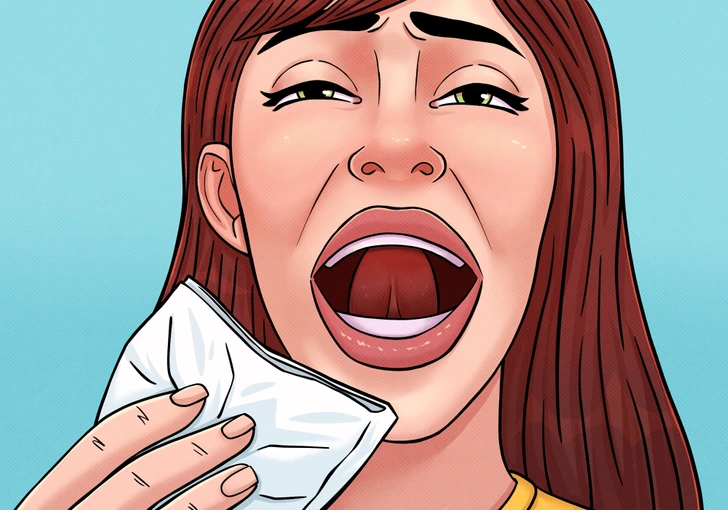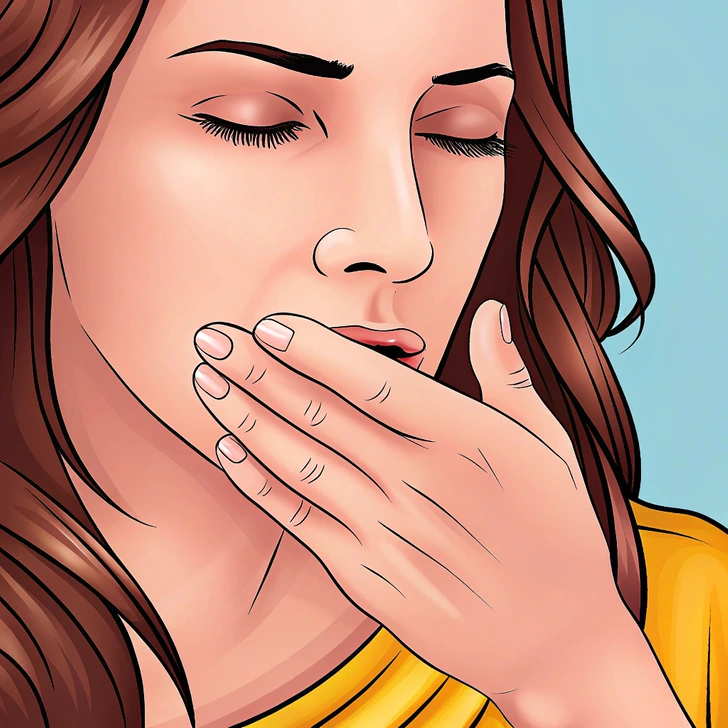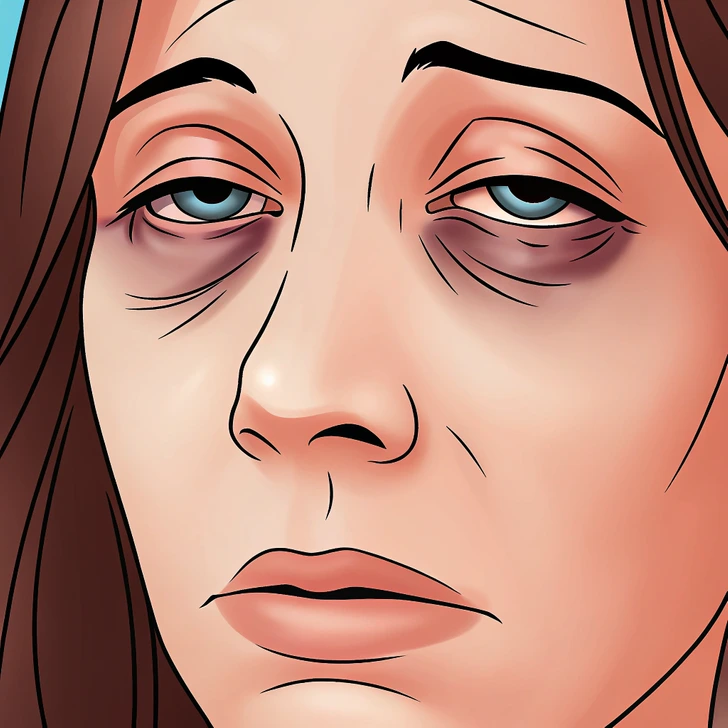Stress isn’t just a mental challenge—it quietly disrupts your body in surprising ways that you might not even notice. While experiencing some stress is normal, chronic stress can have long-lasting negative effects that shouldn’t be ignored. Let’s take a closer look at six unexpected ways stress could be harming your body—and what you can do to combat it.
1. Your Gut Becomes a Battleground

Stress doesn’t just affect your mind—it impacts your stomach too. Chronic stress can throw your digestive system into chaos, leading to bloating, stomach pain, and even more serious issues like irritable bowel syndrome (IBS). This happens because stress disrupts the balance of gut bacteria and increases inflammation, making your digestive system react unpredictably.
When your brain signals stress, it activates the “fight-or-flight” response, which redirects energy away from non-essential functions, including digestion. As a result, your stomach may feel uneasy or even painful during periods of high stress.
Video:
Stress: Understanding its Impact on Your Body and Mind
Managing It: Focus on gut health by eating fiber-rich foods, drinking plenty of water, and incorporating relaxation techniques like deep breathing, yoga, or meditation into your routine. Keeping your digestive system calm can help minimize stress-related stomach issues.
2. Unexpected Hives Appear Out of Nowhere

Have you ever noticed itchy, red welts on your skin without any obvious cause? Stress might be the culprit. Anxiety and chronic stress can provoke an immune response, leading to the sudden appearance of hives. These stress-induced hives can vary in size and can be triggered without warning, making them even more frustrating to deal with.
When your body is under stress, it releases histamines, which can lead to inflammation and hives. While these red spots may look alarming, they are often harmless, but they can be a clear sign that your body is overwhelmed.
Managing It: Stay hydrated to help your body flush out histamines. Managing stress through relaxation practices and using over-the-counter antihistamines can help reduce symptoms. If hives persist or worsen, it’s best to consult a healthcare professional.
3. Your Immune System Takes a Hit

If you feel like you’re catching every cold or flu that goes around, chronic stress might be weakening your immune system. Long-term stress can wear down your body’s defenses, making you more susceptible to infections. Plus, anxiety often leads to poor lifestyle choices—like lack of sleep, unhealthy eating, or neglecting exercise—which only compounds the problem.
When stress levels remain high, your body’s production of cortisol becomes imbalanced. Cortisol is meant to help reduce inflammation, but when it’s constantly elevated, it can suppress your immune system, leaving you vulnerable to illness.
Video:
4 strange things stress can do to your body.
Managing It: Boost your immune function by prioritizing restful sleep, eating a diet rich in fruits and vegetables, and incorporating stress-relief practices such as meditation, yoga, or simple relaxation exercises. A healthier lifestyle can make a significant difference in keeping illnesses at bay.
4. Hair Loss Starts Sneaking Up on You

Noticing more hair in your brush or on your pillow lately? Stress could be the reason behind your sudden hair loss. High levels of cortisol can force hair follicles into a resting phase, resulting in more shedding than usual. In more extreme cases, significant stress can trigger telogen effluvium—a condition where large amounts of hair fall out suddenly.
This type of hair loss is usually temporary, but it can still be alarming. Stress can also exacerbate conditions like alopecia areata, where the immune system attacks hair follicles, leading to patches of hair loss.
Managing It: Focus on stress reduction techniques and maintain a balanced, nutrient-rich diet to support hair health. Avoid over-styling, excessive heat, and harsh chemicals to give your hair a chance to recover. Consistent self-care can help slow down stress-related hair loss.
5. Your Energy Levels Are on a Rollercoaster

One moment you’re feeling energetic and motivated, and the next you’re completely drained. Chronic stress can make your energy levels unpredictable, leaving you feeling like you’re running on empty. This fluctuation happens because stress affects your blood sugar levels, causing spikes and crashes that drain your stamina.
Moreover, anxiety and constant mental strain can make even simple tasks feel exhausting, leading to a cycle of fatigue and low motivation.
Managing It: Keep your energy more stable by sticking to a regular meal schedule, incorporating balanced snacks, and getting some physical activity—even a short walk can help. Outdoor activities and connecting with nature can also improve your mood and energy levels.
6. Sleep Becomes a Distant Dream

When stress takes over, sleep can feel impossible. Your mind races, replaying worries and anxieties, keeping you wide awake when you desperately need rest. This cycle can lead to insomnia or restless sleep, leaving you feeling exhausted and overwhelmed the next day.
The constant release of stress hormones like cortisol can interfere with your body’s natural sleep-wake cycle, making it harder to relax at night.
Managing It: Create a calming bedtime routine by cutting down on screen time, journaling your thoughts before bed, or practicing mindfulness exercises. Aim for a consistent sleep schedule to help regulate your body’s internal clock, and consider using relaxation apps to ease your mind before sleep.
Breaking the Cycle: Taking Stress Seriously
Stress doesn’t just impact your mental well-being—it quietly sabotages your body in ways you might not initially notice. If you’re experiencing any of these symptoms, it’s crucial to address your stress levels proactively. Making small lifestyle changes can significantly reduce stress and help your body recover.
Whether it’s taking time to unwind, practicing deep breathing, or simply allowing yourself moments of calm, prioritizing self-care is essential. You don’t have to tackle stress alone—seek support from friends, family, or professionals if you feel overwhelmed.
By being mindful of how stress affects your body, you can take meaningful steps to protect both your physical and mental health. Your well-being matters, and taking care of yourself is the first step toward feeling better.